The Declaration of IndependenceCIE+
Explore the foundational text of the State of Israel.
Zionism’s core intention was to create a Jewish homeland or state with a Jewish majority in the Land of Israel, where two sovereign Jewish states had existed in ancient times. Re-establishing a Jewish presence by linking Jews to the land paralleled securing international validation. That validation emerged from the League of Nations Mandate in 1922, the U.N. partition resolution in 1947, U.S. recognition in 1948, U.N. admission in 1949, and agreements with six Arab states from 1979 to 2020.
Israel’s Declaration of Independence noted the state’s Jewish identity but stipulated that religious freedom would be a pillar of the country’s social dynamic. Israeli leaders made an agreement with the Rabbinate whereby certain aspects of daily life would fall under the jurisdiction of religious law and practice. Orthodox rabbis gained authority over such lifecycle events as marriage and divorce, public observance of Shabbat, the definition of Jew for purposes of the Law of Return, and the enforcement of kosher laws in the military and other state institutions.
Of particular sensitivity to secular Israelis is the sanctioned exemption from military service for most highly religious Jews. A similar distaste has evolved among secular Jews toward budgetary allocations for religious schools and for settlement of land taken in the June 1967 war. Secular and religious Israelis have clashed numerous times over the prerogatives either enjoyed or sought by one or the other. In 2025, 18 months into the war with Hamas, a majority of Israelis voiced deep opposition to Haredi exemptions from army service.
Over the life of the country, the Knesset and Supreme Court have navigated the stresses and animosities in defining the role of Judaism in the operation of the state. For more than two decades Reform and Conservative streams of Judaism have struggled to achieve support from the state, still dominated by the Orthodox religious elites. Those denominations have joined women in seeking accommodations at the Western Wall, and rifts have arisen over the refusal of Orthodox men to sit by unrelated women on buses and airplanes.
Yet, in times of crises, such animosities dissipate in favor of the state’s defense and preservation. And Israel has assiduously protected freedom of religion for all citizens, including the Christians and Muslims who together constitute 24% of the state’s population.
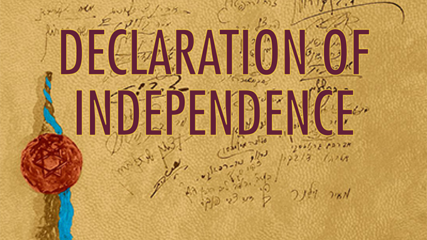
Explore the foundational text of the State of Israel.
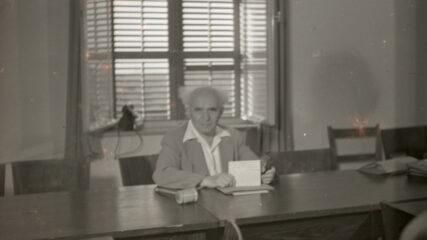
The Status-Quo Agreement is an understanding reached between David Ben-Gurion, then the chairman of the Jewish Agency Executive, and the religious parties in the period before Israel became a state.
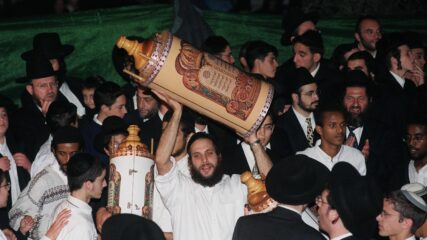
The Parashah Hashavuah is the weekly portion of the Torah, the five books of Moses, read by Jews throughout the world each Sabbath and on specific holidays. Here you will find a d’var Torah (commentary)…
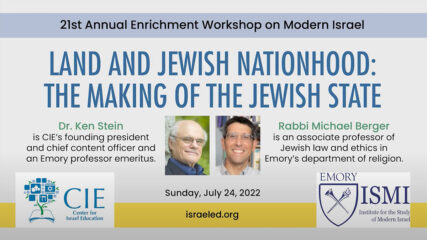
Rabbi Michael Berger, a professor in Emory University’s religion department, and CIE President Ken Stein, an Emory emeritus professor, trace 3,000 years of Jewish connection to the Land of Israel and the strategies that prepared…
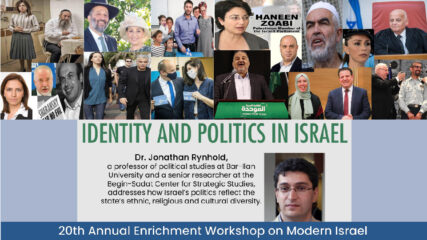
Applying demographic statistics and polling data, Professor Jonathan Rynhold lucidly examines Israel’s politics through the lenses of ethnic, religious, and cultural diversity. He concludes that Israeli society and its political priorities are ever changing, evidenced by the June 2021 formation of Israel’s most ethnically and politically diverse government coalition ever formed.
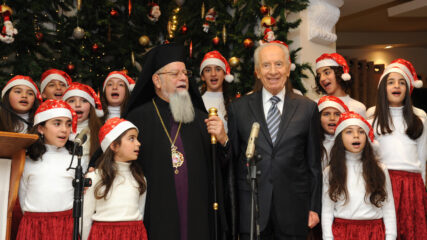
“And I will bless them that bless thee, and him that curseth thee will I curse.” — Genesis 12:3 (verse commonly invoked by Evangelicals in support of Israel) In 1917, General Edmund Allenby was given…
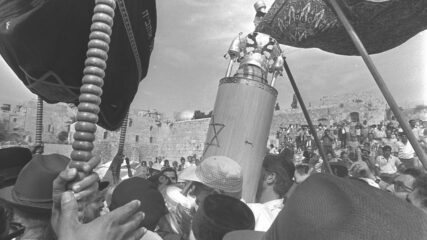
The Hebrew Bible, Prophetic Books, the Talmud, the daily prayer book, and ancient Jewish texts reinforce Judaism’s relationship to G-d and Eretz Yisrael.

Dance along as waves of Jewish immigration mix with indigenous traditions to create a unique culture reflecting a world of Jewish and non-Jewish influences across Israel’s diverse society.

From biblical times to the present, Jews and Judaism have had an unbroken connection to Zion, a reference to Eretz Yisrael, the Land of Israel, derived from the hill at the heart of Jerusalem. Zionism…

June 30, 2020 Even as Israel, like America, guarantees religious freedom, it has been connected from its inception to Judaism, the religion of the Jewish people. Nevertheless, that connection has been fraught with tension, from…
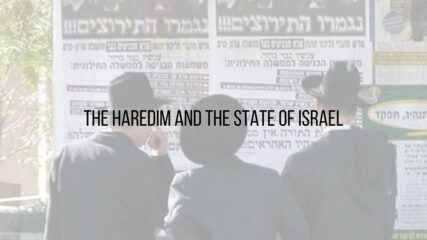
During the 2019 CIE/ISMI Educator Workshop on Modern Israel, Emory University Professor Michael Berger discusses how Hasidism was one of the most important Jewish innovations of its time, the evolution of ultra-Orthodoxy, and the status of Haredim within Israel today.
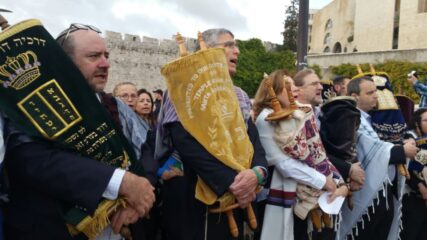
Overall, Israeli public attitudes toward the Reform and Conservative Movements in particular and pluralistic expressions of Judaism in Israel in general are positive. Sympathy is highest among secular Israelis on the political left and center, turning to mixed feelings or neutrality among traditional Israelis on the center-right and hostility among the Orthodox and Haredi on the political right. A majority of Israeli Jews favor granting recognition and equal rights to progressive Jewish communities.
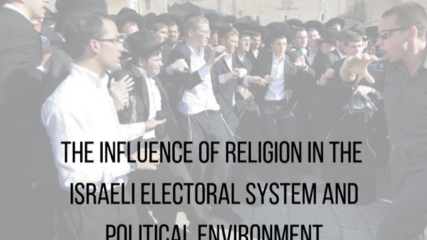
In this four part video series, CIE Vice President Rich Walter speaks with Emory University Professor Rabbi Michael Berger about the influence of religion in Israel’s politics.

Explore the connections between the self-reliance, resilience, and democratic local self-governance Jews developed and nurtured in the Diaspora and the institutions and systems that define the complex parliamentary democracy of the State of Israel and the role of nongovernmental organizations.